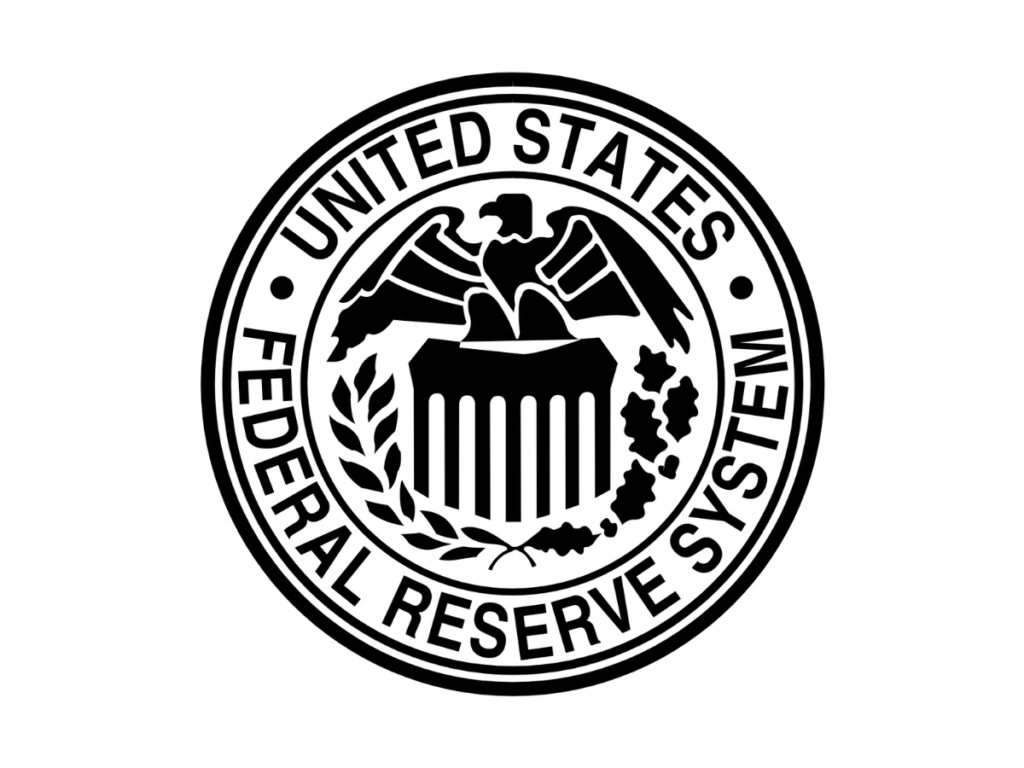Fed vice chair Michael Barr highlights recommendations for additional regulations to strengthen the banking sector.
The Silicon Valley Bank investigation is finished. The new rules are now in effect. Michael Barr, the Fed’s vice chair of supervision, laid out suggestions for additional regulations to control the banking sector in his remarks at a Bipartisan Policy Center event in Washington on Monday. He focused on strengthening capital requirements to help prevent another wave of agita-inspiring banking runs like we saw this spring.
Feeling Stressed
Crisis changes. Needed two. Barr’s laws resulted in Basel III, which compels banks to have a leverage ratio over 3%. Post-2008 financial crisis Basel III regulations were applied. Finally the latest ideas would strengthen capital requirements and subject mid-sized banks with $100 billion in assets to the same scrutiny as Wall Street’s too-big-to-fail banks. Before their collapses, SVB, First Republic, and Signature Bank had less than $250 billion in assets, but the harshest standards now apply to institutions with $250 billion or more.
Barr also suggested rewriting the regulations governing yearly stress tests, a proposal that could seem especially necessary given that the US branch of the similarly-defunct bank Credit Suisse breezed through the Fed’s 2022 stress test. Moreover the new regulations, which could be approved by the Fed and other authorities as early as this month, might change how the industry approaches compliance:
- Stress testing would evaluate banks’ capacity to withstand fictitious recessions using a new, standardized method for calculating operational and credit risks. “The proposed rules would end the practice of relying on banks’ own individual estimates of their own risk and use instead a more transparent and consistent approach,” Barr added.
- For major banks, the higher capital requirements would result in a 2 percentage point increase, effectively requiring them to retain an additional $2 in capital for every $100 in risk-weighted assets they owned.
Barr said SVB and other bank collapses this spring were a clear reminder that institutions need additional capital to be more resilient.
Bank Shot: Barr’s proposed measures have been criticized as overreacting to SVB incompetence. “It is not logical to argue that failings in supervision must mean that SVB was adequately capitalized — it wasn’t,” Barr said. “Capital is and always has been the foundation of a bank’s safety and soundness.”












